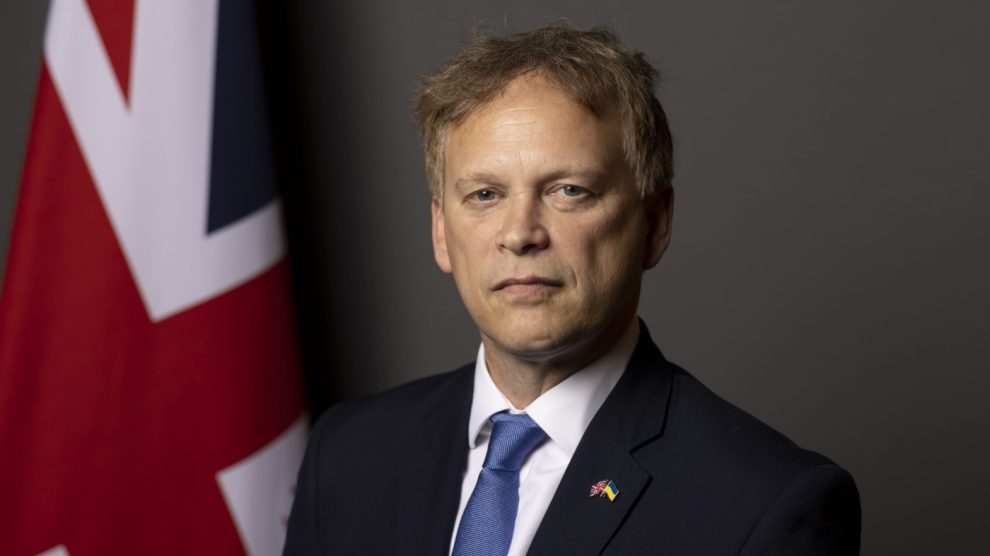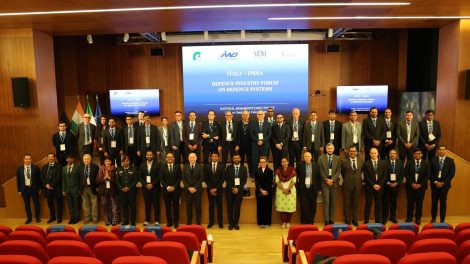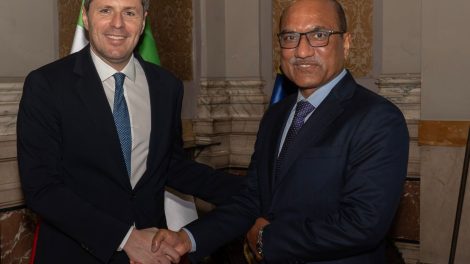Ben’s out, Grant’s in. As has been known for several weeks, the United Kingdom’s Defence Minister Ben Wallace tendered his resignation as part of a mini cabinet reshuffle after serving three different prime ministers in four years. He will be replaced by Grant Shapps, former head of the Ministry of Energy Security. A visit to Kyiv in late August has pushed him to the top of the favourites list.
A brief bio. Before being Minister for Energy Security, he was that of Business, Home Affairs (for less than a week in the short-lived Truss government) and Transport. Mr Shapps, 55 in a few days, was also chairman of the Conservative Party from 2012 to 2015 when David Cameron was at 10 Downing Street. He has been in Parliament since 2005, was a businessman before that, and came out against Brexit before the 2016 referendum.
A heavy mantle to take on. Outgoing Minister Wallace was one of the main supporters of Ukraine in the face of the Russian full-scale invasion – and, at some point, was a candidate for the position of NATO Secretary General. In his resignation letter, he praised the armed forces and intelligence services he has worked with since 2016 and the response given by the British government to the invasion of Ukraine.
- In his response, Prime Minister Rishi Sunak lavished praise on Mr Wallace, noting he has “served [their] country with distinction,” his “strategic foresight and clarity,” his leadership of the armed forces and his “exceptional judgement.”
- The UK PM concluded by saying that he understood his decision to resign after eight years in government.
- Italy’s Defence Minister Guido Crosetto also took to X (formerly Twitter) to thank him for his “seriousness,” “high professionalism,” and “sincerity,” as well as his “fairness and […] friendship towards me and Italy.”
- He then offered his congratulations and best wishes to Minister Shapps, stressing his confidence that “together, also in the name of the friendship that unites our countries, we will continue the path of collaboration undertaken for global security, to protect democracy and peace.”
The UK-Italy axis. During his terms in office, Mr Wallace also worked hard to strengthen the bilateral relationship with Italy. Under its management Rome and London, along with Tokyo, launched the Global Combat Air Programme, a project for the development of the next-generation fighter aircraft by 2035. That remains one of the centrepieces in the broadening Italy-UK entente, as well as one of the first dossiers Minister Shapps is set to handle.
- After progress at the late June meeting in Rome, a new trilateral ministerial meeting is planned for the autumn. It will probably take place in London, with Minister Shapps working alongside Italian Defence Minister Guido Crosetto and the Japanese Deputy Minister Atsuo Suzuki (as his superior, Yasukazu Hamada, will be travelling abroad).
GCAP enlargement? Recently, the Financial Times revealed that Saudi Arabia is pushing to become a full partner in the project. But there is resistance from Tokyo to be overcome. Mr Shapps’ role could be decisive, since earlier this year, as Minister for Energy Security, he held talks with the Saudi government to strengthen cooperation in areas such as space, technology and critical minerals.
- Among other things, that mission seems to have laid the groundwork for Saudi Crown Prince Mohammad Bin Salman’s upcoming trip to London.





